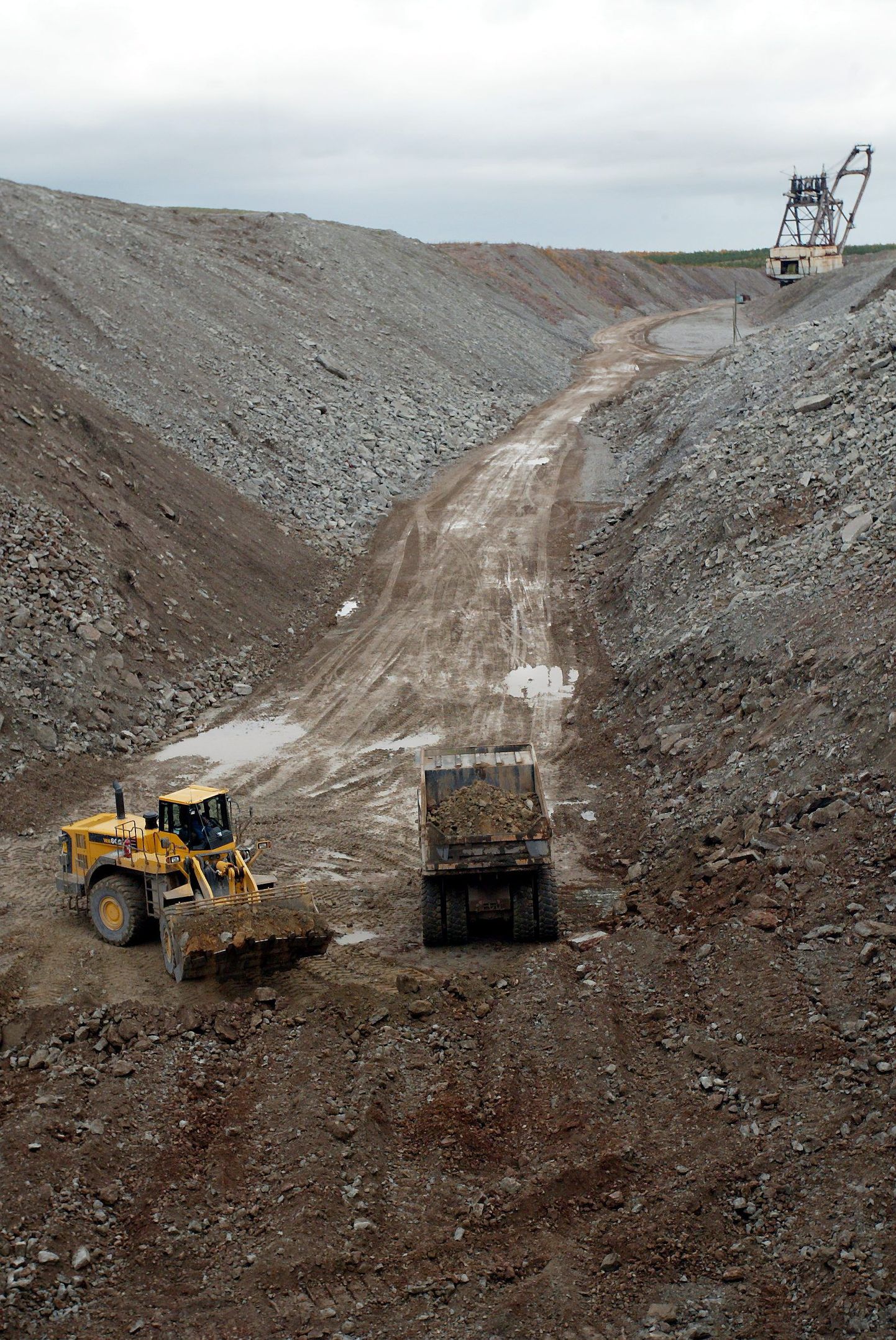In establishing the fees for five years in advance, the government in 2009 must have reckoned that it is issuing a binding promise to entrepreneurs as regards the dynamics of the fees.
According to the chancellor of justice, this being the situation the timetable of changes to the fee rates can be changed only in a situation where extraordinary circumstances are revealed which the government could not have taken into consideration in 2009. The minister of environment found the fact that the Estonian economy is growing again post-2009, and upon continuation of economic growth also the amounts of natural resources extracted will grow, which necessitates their more efficient use, to constitute such extraordinary circumstance.
The chancellor of justice meanwhile found that no developments have taken place or are forecast to take place in Estonia's economy and extraction volumes which the government was unable to foresee in 2009. Nor does the chancellor of justice know of any sudden deterioration in Estonia's overall situation as regards stocks of natural resources since the said regulation took effect.
While the government in 2009 set out the rates of environmental fees for 2010-2015, in October last year it was decided to change the regulation and to raise the rates of extraction fees and some fees for the special use of water faster and more extensively starting from April 2013. If under the 2009 regulation the relevant environmental fees would have been raised on two occasions by approximately 5 percent in the period from April 1 this year to Jan. 1, 2015, then under the new regulation the fees would be hiked on three occasions by approximately 20 percent.

